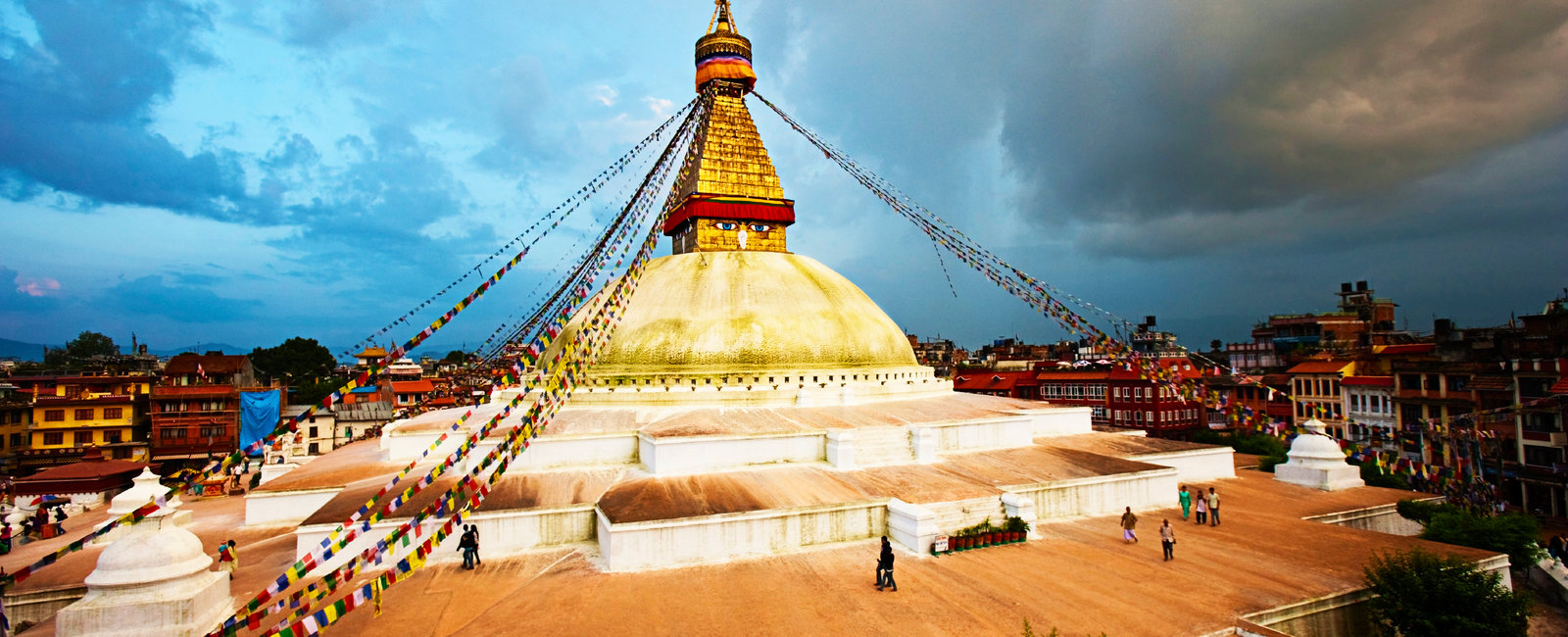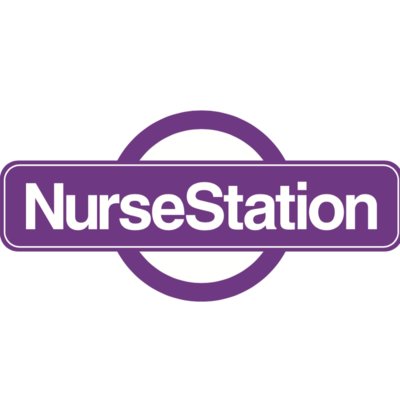University of Southampton 2018
 I saw a link to Work the World on my university’s website, and when I looked into what they offered it looked incredible.
I saw a link to Work the World on my university’s website, and when I looked into what they offered it looked incredible.
I'd always loved travelling, so knew from the start I wanted to do something with them.
Lucky for me, my university encouraged me to take advantage of what they called 'Professional Development Weeks'. We were allowed to spend time away from the university doing things that improved our nursing skills.
I didn't know a lot about Nepal so wanted to explore somewhere completely different.
It was the first time I’d travelled by myself. I was slightly nervous, but felt so supported by the Work the World team. We had plenty of update calls, and felt I could ask about any of my worries.
Even my mum rang the team and they were happy to chat to her.
It was all so organised.
I MADE SOME GREAT FRIENDS WITH MY HOUSEMATES — I LOVED THAT WE WERE ALL FROM DIFFERENT PLACES AND PROFESSIONS.
On my first full day in Nepal, Work the World’s overseas team took us on an orientation around the city. It really helped me get my bearings. We saw lots of local sights, had a tasty lunch and got on the local bus back to the house.
Adjusting to a different culture and the time difference was overwhelming at first. But I soon settled in.

The Work the World house was safe and well kept. The security team were friendly and checked on everyone coming and going, making sure we were all safe. Shared bedrooms brought us together as housemates, but the house was big enough that we had our own space.
I made great friends with my housemates, and I loved that we were all from different places and professions. We compared our own countries and practices, as well as talking about how different everything was in Nepal.
The catering team were passionate about their cooking. They made us different meals and puddings every night!
The catering team were passionate about their cooking. They made us different meals and puddings every night! We had BBQ night every Wednesday, and even if it rained they stood outside, cooking away under their umbrellas. We never got bored of their food.
I'm a vegetarian, but that was no problem. There were at least two or three vegetarian options every night. The catering team also gave us cooking lessons, showing us how they prepared and cooked different meals.
My Placement
I spent two weeks on the OBG wards. I spent the first week in the birth centre. The lovely staff and students really welcomed me. They made a big effort to include me, and asked questions about how we practiced in England.
I’d never met such friendly people!
 I saw three natural births that week. I even counted and felt the contractions for a woman in labour — a new skill for me.
I saw three natural births that week. I even counted and felt the contractions for a woman in labour — a new skill for me.
I spent my second week in the labour room. It was much smaller and much busier than the birth centre. All the simple cases were sent to the birth centre. But the labour room received all the complicated cases, like women with eclampsia and c-sections.
Women in labour got no pain relief in Kathmandu. The doctor told me that the drugs were too expensive for the hospital to buy. And even if the hospital could afford them, patients wouldn't have had enough money to buy them anyway. Instead, they told labouring mothers to "breathe like a woman".
The strength and courage of those women was amazing to behold. The staff were just as amazing — they did their jobs with very few resources. One nurse told me one of the two incubators on the ward was over 30 years old.
They needed to do a caesarean for the twins and then surgery straight after on the girls heart.
Privacy was viewed differently in Nepal, compared with the UK. Doors were left open during births and c-sections. Another difference was that families weren’t allowed in the labour room. They were only allowed to see the baby for a few seconds before it was taken away.
One doctor told me the story of a young girl who was pregnant with twins, but had heart problems. They needed to do a caesarean for the twins and then surgery straight after on the girls heart.
 This was a costly procedure, but the girl’s family had no money. In order to save the girl and her unborn twins, her father relinquished his citizenship card to the hospital. It was an assurance that he would pay later.
This was a costly procedure, but the girl’s family had no money. In order to save the girl and her unborn twins, her father relinquished his citizenship card to the hospital. It was an assurance that he would pay later.
There was another case where a woman was planning on having a natural birth, but needed a c-section. Hospital staff had to seek permission from a family member to go ahead with the procedure.
They finally found the woman’s husband, but he was so intoxicated that it was deemed that he couldn't give permission for the procedure. This tugged at my heartstrings. The woman was forced to go through a risky birth with no support from family.
Being on these wards made me very appreciative of the NHS.
One of my main worries before coming on this trip was the language barrier. It turned out there was no need. All paperwork was in English, the doctors degrees were taught in English, and the majority of the nurses were able to speak English.
The trip was worth every penny — you won’t find an experience like it anywhere else.
Many patients could only speak a little English, so learning some of the main words was useful. The Work the World language teacher was really enthusiastic and willing to teach, so that helped!
The hospital was an amazing experience, but so was exploring Kathmandu. The culture and atmosphere was amazing and something I’ll never forget. I'd never seen so many temples!
 One of the best experiences I had in Kathmandu itself was watching a cremation ceremony at Pashupatinath Temple.
One of the best experiences I had in Kathmandu itself was watching a cremation ceremony at Pashupatinath Temple.
Watching the ceremony was humbling — there was fire, dancing, and music as bells rang out for those who’d passed.
This trip was the most unforgettable experience of my life. Nepal not only developed my nursing skills, but also changed me as a person. I made amazing memories and friendships that I will cherish forever.
I can’t recommend Work the World enough. The trip was worth every penny — you won’t find an experience like it anywhere else!

.jpeg)



